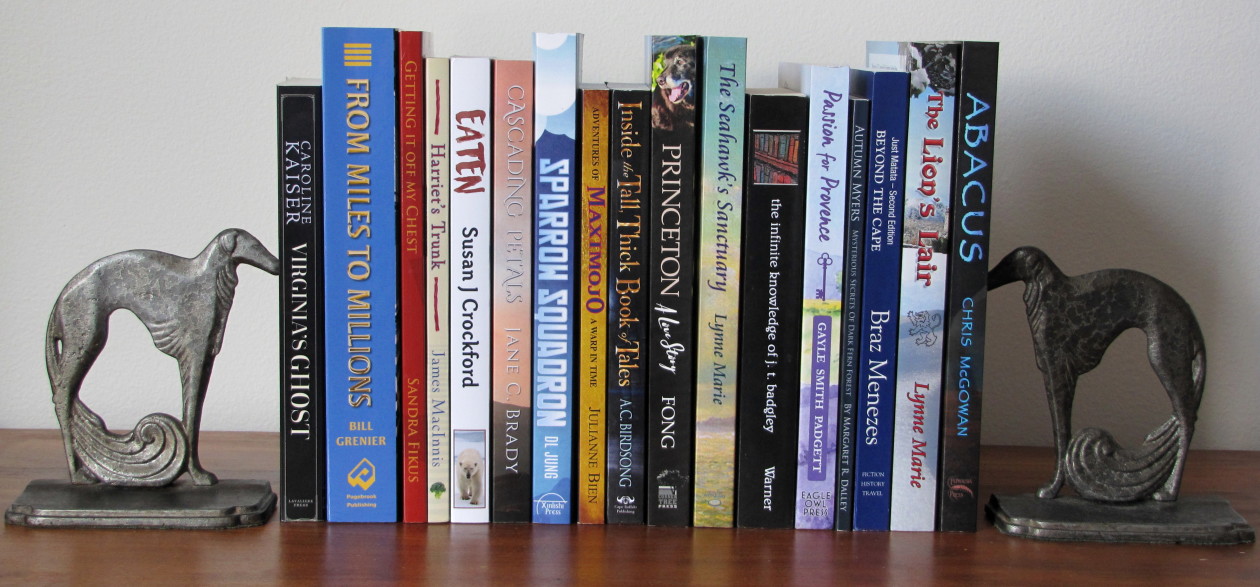Discussions of taste and style often bring to light confusion over the homophone pair flair and flare. In its advertising, a restaurant might claim to have a “flare” for French cuisine, leading word-nerd readers to joke about the possibility that there are flaming dishes on the menu. But in most cases, there’s no need for alarm since no food is on fire–flare is simply being used when flair is intended, which is the usual sort of misuse when it comes to this pair.
The definition of flair is fairly straightforward and frequently concerns matters of style. Someone who dresses with flair, for example, is stylish and fashionable by current standards, or has a style all their own. Those with flair display an aesthetic sensibility and a natural ability to be discriminating and discerning. But the idea of flair extends beyond good taste to include certain specific talents and aptitudes unique to an individual. You may have a flair for any number of things, from growing orchids to dancing the tango. Flair is invariably a noun.
Flare has a great many more definitions than flair, and can be used as both a noun and a verb. A flare is often some sort of flame, usually a dazzlingly bright one that burns unpredictably. Flares can be flames that are distress signals or those that are dropped from aircraft to illuminate a target. Any device that produces such flames is also known as a flare. In the context of fire, flare is also used as a verb, so a flare itself could be said to flare suddenly, bursting into a sudden and dramatic blaze.
A related use of flare comes from the field of astronomy. There are solar flares, which are sudden increases or decreases in the brightness of a star that result in obvious changes in the magnitude of such stars. In photography, we also have flare, generally considered a bad thing, as it refers to undesirable illumination in a photograph or negative, often visible as a foggy-looking patch, resulting from reflection within a lens.
Beyond its associations with light, flare in used as both a noun and a verb in the context of an emotional response. A sudden outburst of emotion, usually anger, is a flare or a flare-up, and your temper can be said to flare. Similarly, angry, aggressive and contagious sorts of diseases are also said to have flare-ups or to flare up. All these states are anything but subtle, and flare is also a verb that means to display something in a conspicuous way. You could, for example, flare your red scarf at someone to attract attention.
The meanings I’ve mentioned so far often involve sudden, dramatic changes or motion, but flaring can also be gentler in nature. Something that flares may widen gradually from its top or bottom. This sort of flaring is often used to describe clothing, so a dress may be said to flare slightly at the hemline. Not to be forgotten are those pants with trouser legs that widen below the knee–the ubiquitous flares or bell-bottomed pants of the ’60s and ’70s. They have been revived in less extreme forms ever since and in their current incarnation are called boot-cut pants.
I haven’t completely exhausted all the possible meanings of flare here, but I have covered the major ones. When determining whether to use flair versus flare, here are a few points to keep in mind. If it’s a verb you need in the sentence, then by default the word you must use is flare. However, if you need a noun, then deciding is a little trickier. If you’re talking about taste, style, or a particular talent or aptitude, then flair is unquestionably the word you want. If you’re talking about flames, lights, or tempers, then flare should be your choice. And no matter how much flair they may possess, trousers with wide legs are always flares.

 Follow
Follow